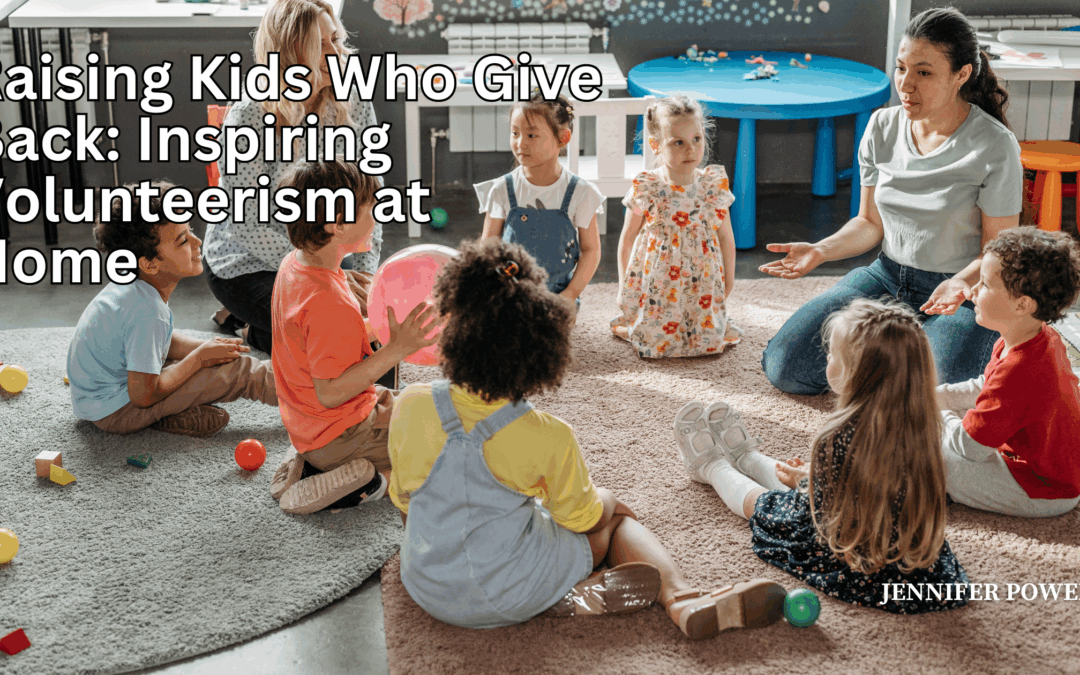In a world that often celebrates individual achievement, teaching children the value of giving back is one of the most meaningful lessons a parent can pass on. Volunteerism not only benefits the community but also shapes kids into empathetic, responsible, and community-minded individuals. And the best place to spark that passion for helping others is right at home.
The journey starts with modeling the behavior you want to see. Children learn by example, so when they see you donating time, skills, or resources, they absorb those values. Whether it’s participating in a local cleanup, delivering meals to neighbors, or mentoring youth, your consistent actions create a family culture where giving is the norm.
Making volunteerism age-appropriate is key. Younger children can help pack food boxes, write thank-you notes for community workers, or collect toys for donation. Teens might participate in environmental projects, tutor younger students, or help organize charity events. The idea is to show them that everyone—regardless of age—has something valuable to contribute.
Integrating giving into everyday life can also make it second nature. Celebrate birthdays with a “give back” twist, like asking for donations to a cause instead of gifts. Turn family outings into opportunities for service—such as visiting an animal shelter or planting trees in a public park. Even small acts, like baking cookies for a new neighbor, reinforce the idea that kindness is powerful.
Another way to inspire is by connecting volunteer work to your child’s interests. If they love animals, volunteering at a rescue center will feel meaningful. If they enjoy art, they might paint murals for a community center. This personal connection deepens their sense of ownership and pride in their efforts.
Lastly, talk openly about the impact of their actions. Share stories of how their work made a difference, no matter how small. Helping kids understand the “why” behind giving transforms it from a task into a purpose.
Conclusion:
Raising kids who give back isn’t about creating a perfect record of volunteer hours—it’s about instilling empathy, gratitude, and responsibility. By weaving service into daily family life and celebrating the joy of helping others, you lay the foundation for a lifelong commitment to making the world a better place. When giving becomes a family value, it grows into a habit your children will carry into adulthood.
